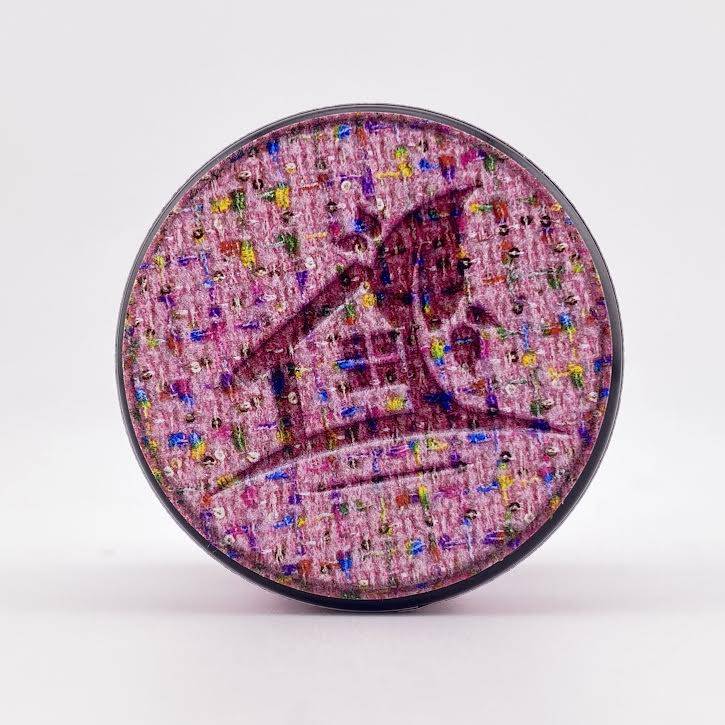When it comes to cannabis extracts, two popular options are rosin and resin. While they may sound similar, there are distinct differences between the two. In this article, we’ll explore what sets rosin and resin apart and how they are made.
What is Rosin?
Rosin is a cannabis concentrate that is produced through a solventless extraction method. This means that no solvents like butane or ethanol are used in the extraction process. Instead, rosin is made by applying heat and pressure to cannabis flower or hash, causing the trichomes to release their essential oils.
The process of making rosin involves using a heat press to squeeze the cannabis material between two heated plates. The pressure and heat cause the trichomes to burst open, releasing a sticky, resinous substance. This substance is then collected and cooled, resulting in a concentrate known as rosin.
What is Resin?
Resin, on the other hand, is a cannabis concentrate that is typically made using a solvent-based extraction method. Common solvents used in resin production include butane, propane, or ethanol. These solvents are used to dissolve the trichomes and other desirable compounds from the cannabis plant material.
After the extraction process, the solvent is purged, leaving behind a sticky, viscous substance known as resin. This concentrate is then further processed and refined to remove any remaining solvents and impurities, resulting in a high-quality resin product.
Key Differences
Now that we understand the basic extraction methods for rosin and resin, let’s take a closer look at the key differences between the two:
- Extraction Method: Rosin is made using a solventless extraction method, while resin is made using a solvent-based extraction method.
- Ingredients: Rosin is made solely from heat and pressure applied to cannabis material, whereas resin involves the use of solvents to extract the desired compounds.
- Purity: Since rosin is made without the use of solvents, it is considered a purer form of cannabis concentrate compared to resin.
- Flavor Profile: Rosin extraction is known to preserve more of the natural flavors and aromas of the cannabis plant, resulting in a more nuanced and flavorful concentrate. Resin, on the other hand, may have a slightly different flavor profile due to the use of solvents during the extraction process.
- Safety: Rosin extraction is generally considered safer than resin extraction since it does not involve the use of potentially harmful solvents.
- Cost: In general, rosin tends to be more expensive than resin due to the additional time and effort required for the solventless extraction process.
Conclusion
In summary, rosin and resin are both popular cannabis concentrates, but they differ in terms of extraction method, ingredients, purity, flavor profile, safety, and cost. Rosin is made using heat and pressure without the use of solvents, resulting in a purer and more flavorful concentrate. Resin, on the other hand, is made using solvents to extract the desired compounds, and it undergoes further processing to remove any remaining solvents and impurities.
Whether you prefer rosin or resin ultimately comes down to personal preference and the specific qualities you are looking for in a cannabis concentrate. Both options offer unique characteristics and can provide an enjoyable experience for cannabis enthusiasts.








